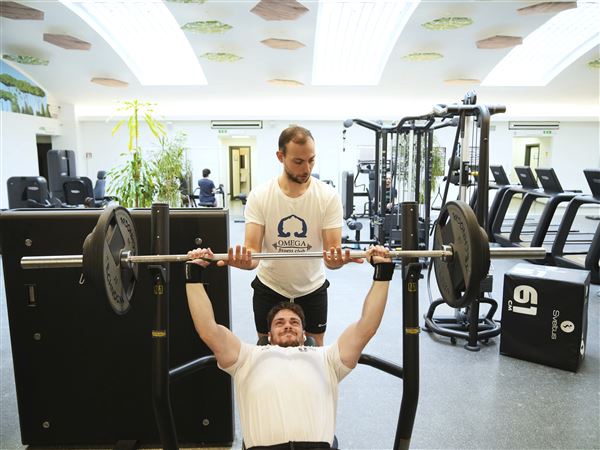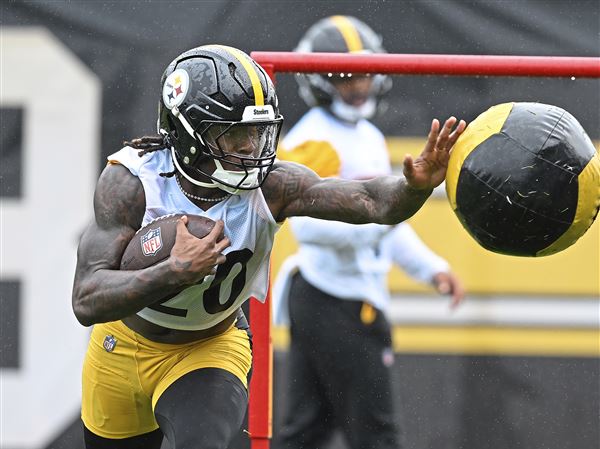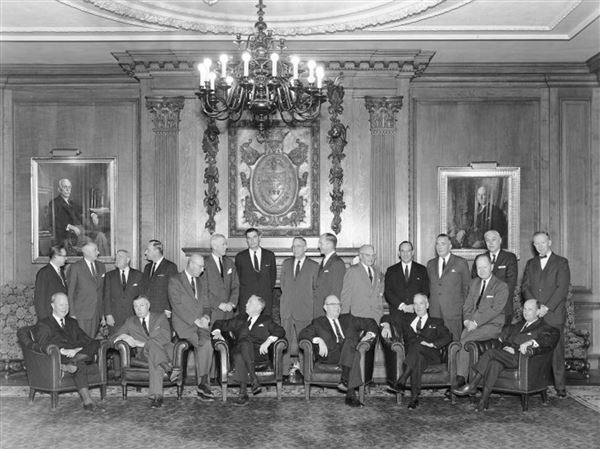Brawny athletes are rarely brainy, or so the stereotype goes. But a new study reports that soccer players actually have superior executive functions, the brain processes responsible for planning and abstract thinking. And the more elite the player, the better these functions.
The ability is called game intelligence, and it's "very, very fundamental to the way we make decisions," said an author of the new study, Predrag Petrovic, a neuroscientist at the Karolinska Institute in Sweden. "It's a way of quickly working with information and making decisions about the environment."
Dr. Petrovic and his colleagues discuss their findings in the journal PLoS One.
The researchers measured executive function using a standardized test called D-KEFS, which assesses skills in problem solving, creativity and rule making. The highest scores went to soccer players from Sweden's most elite league, followed by players from a lower division. Nonplayers who were tested finished behind both groups of players. The differences were significant, Dr. Petrovic said. Elite players performed in the top 2 percent when compared with the general population.
The researchers tracked some of the players for two seasons, and found that those with higher test scores had more goals and assists.
It isn't clear whether athletes acquire these functions over time, or whether they are inherited.
"Our hypothesis is that it's both," Dr. Petrovic said. "You can't become a good player if you don't have strong executive functions, but at the same time you can always improve executive function if you train."
First Published: April 11, 2012, 5:00 p.m.














